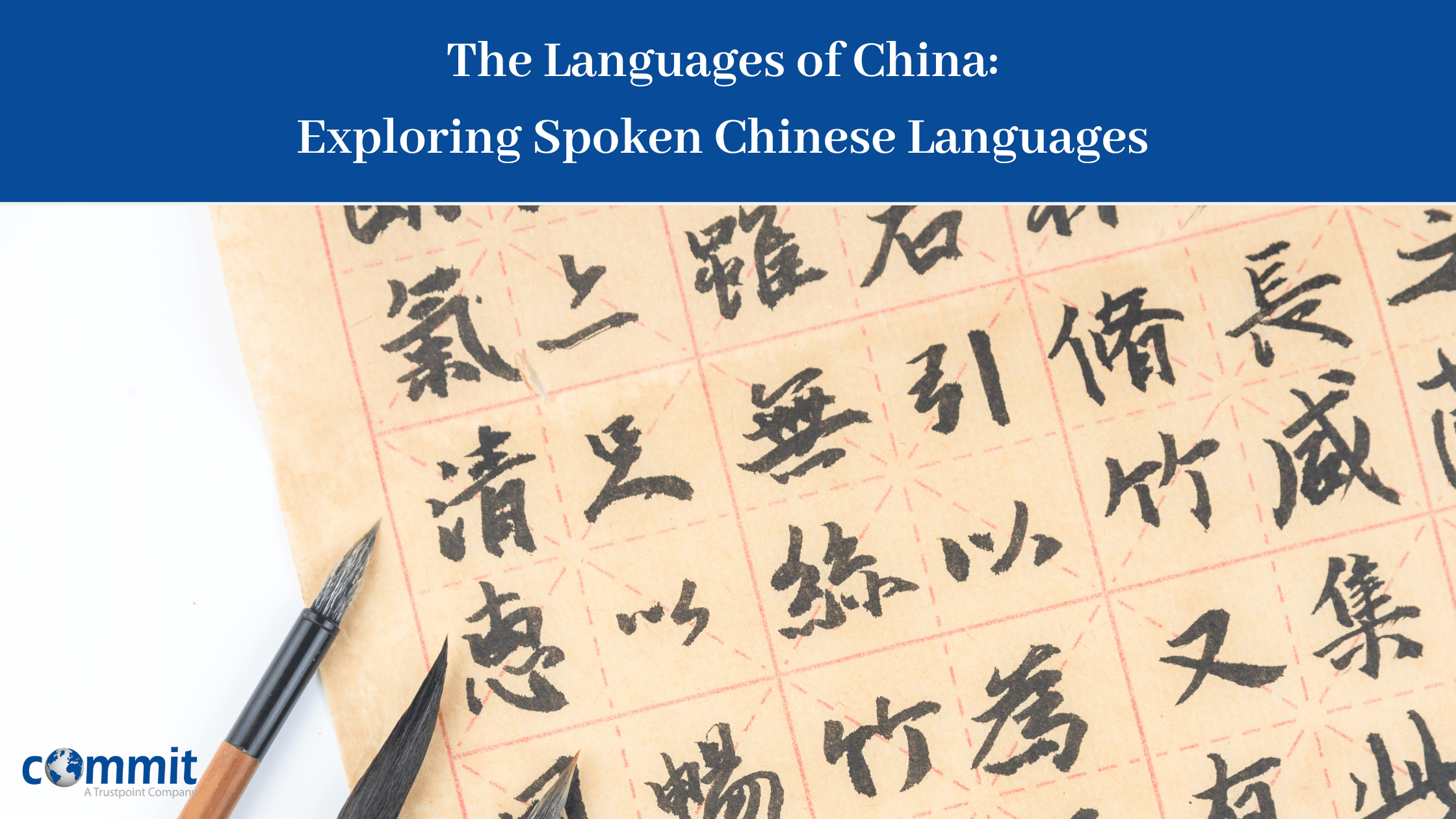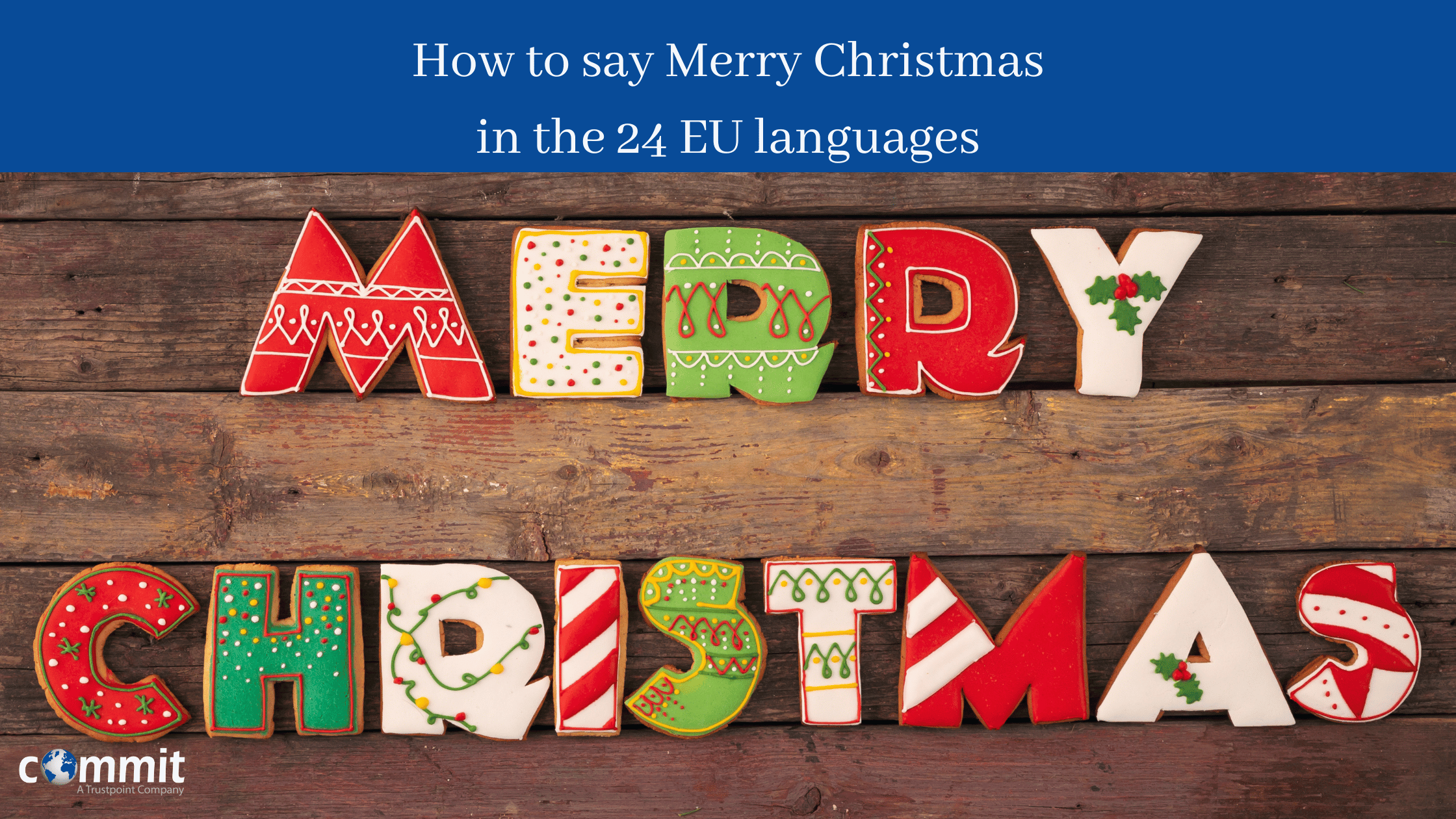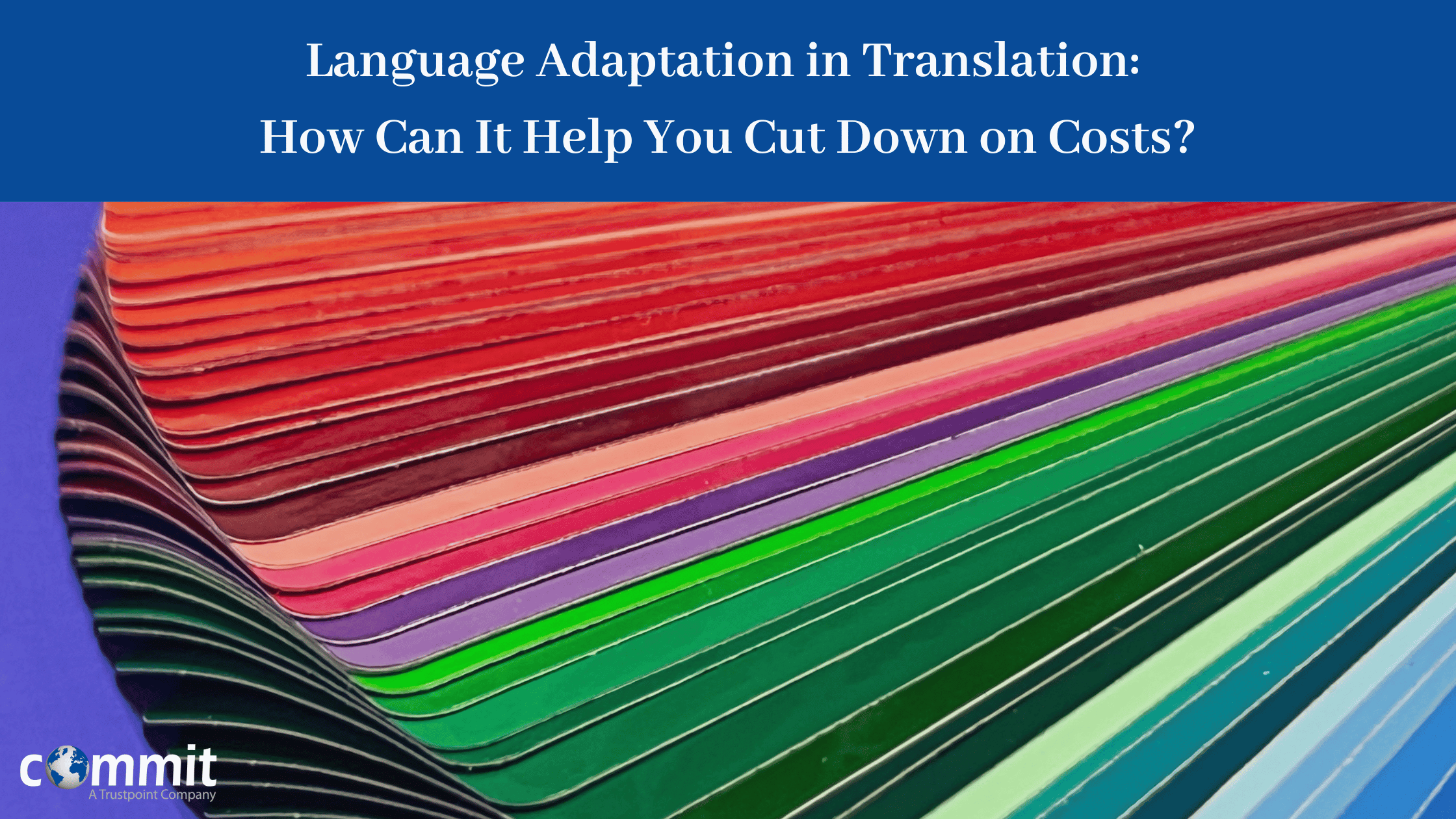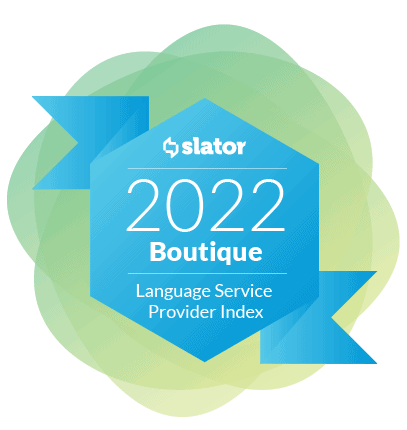|
Listen to Post
|
Defining the most effective Translation Bidding Process and Request for Proposal (RFP) criteria and aligning these with changing company needs and requirements is not always an easy task. There are several reasons why buyer companies engage in a type of request for information regarding services and have included this requirement as part of company policy. These reasons include, but are not restricted to the following:
- Regulatory reasons: Buyers representing highly regulated industries need to comply with very stringent ever-changing requirements. By extension, they need to build partnerships with suppliers who can meet these changing requirements and can keep up the pace with these developments. Conducting a bidding can help the buyer determine whether they as well as their suppliers are still walking and talking in sync.
- Financial reasons: It constitutes good business practice when business owners or senior executives perform continuous financial due diligence, when it comes to continuously balancing the quality of services with a viable financial model. Fierce competition in practically every facet of business also forces leadership to look for ways to gain additional cost and time-to-market efficiencies.

The different types of bidding processes
Before you can start-up the preparations for a bidding, define what type of bidding processes are possibly an option for you. The choice of translation bidding will be defined by the goal that you envision with this exercise.
The most common types of translation biddings are:
RFI – Request for Information
The RFI offers you as a buyer a more general view of the landscape of suppliers. This process allows you to get an idea “of what is out there today” by asking high-level, informal questions. It also applies when your process is not set out completely or you are still in early stages of the translation bidding process and defining how you want to structure the process. It offers you the advantage of a quick exercise to get some questions answered from a short list of suppliers and uses these as the basis for a more formal RFP.
RFIs are not always well-received by suppliers as they know what the buyer’s purpose is for this exercise, i.e. merely a costly and time-consuming exercise.
RFP – Request for Proposal
The RFP is a more formal, thorough, and structured bidding process. A well-structured and well-executed RFP contains questions that are very specific and include more detailed questions around supplier information and pricing. This type of bidding requires more openness from the buying partners to allow for targeted answers from candidate suppliers. Any specific company requirements must be very well-defined so that suppliers can answer with well-defined responses in their bid. Lastly, and for the benefit of the participating suppliers, this bidding is supposed to offer the advantage of a more detailed side-by-side, fact-based comparison of suppliers’ capabilities. This last point is very often a big concern with suppliers who participate in RFPs.
In addition to the above processes, there are other ways of conducting biddings. They include but are not limited to:
Reverse Auction
In a reverse auction, the roles of buyer and seller are reversed. Participating suppliers compete to obtain the contract as translation partner from you as buyer. During this process, prices will typically drop, and suppliers might choose not to engage in such a bidding process as suppliers underbid each other, turning the bid into a price war, a battle of the fittest. Needless to say, this approach potentially also endangers the quality of service and deliverables as a result.
e-Auction
A bidding process that takes place on an electronic marketplace. This can take place business-to-business (B2B), business-to-consumer (B2C), or consumer-to-consumer (C2C).
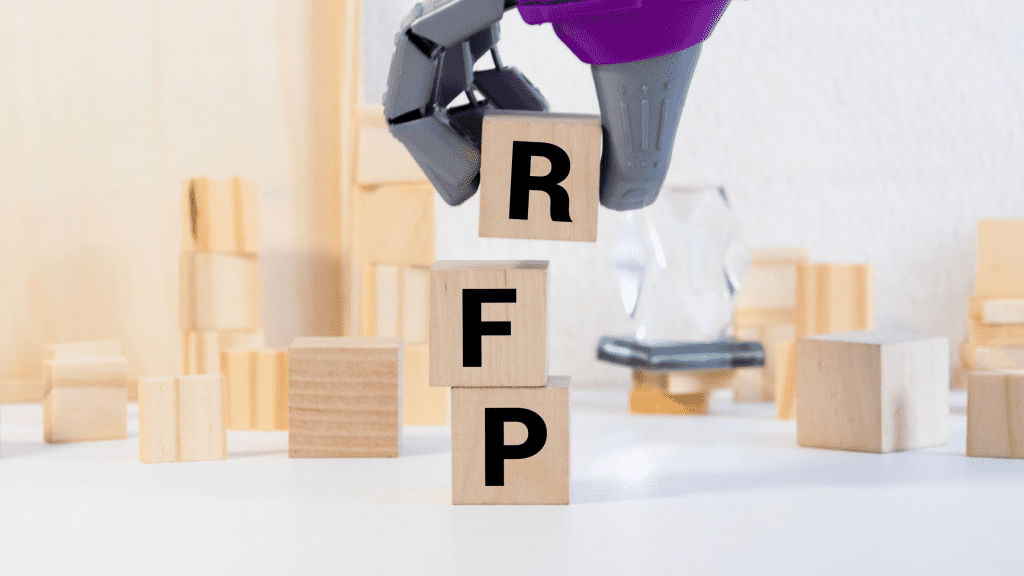
The most appropriate translation bidding process for your company
To kick-off a translation bidding process for your company, it is essential for you as a decision-maker and stakeholder in the process to know its purpose. What is the goal of your bidding process? This will also determine what type of bidding is most appropriate for the company. It will help you decide to go either for a more formal RFP or a more information RFI or otherwise.
Start by asking yourself a few questions to guide you in the right direction and to allow you to make an informed decision on how to proceed. To set out the path you need to know the destination. Ask yourself:
- Am I solely conducting this bid, because it is part of our formal procedures to engage in an RFP process at predefined intervals and using same requirements, because of lack of time?
- Hence, is an extensive RFP process then appropriate for my company at this point?
- When considering the past experience with the incumbent vendors, am I still satisfied with the extent in which they meet our requirements or is it about time to seriously benchmark the performance and service offering of my current supplier(s) with other supplier-peers in the market?
- Are my requirements still the same, or have they changed considering changing regulations, new market trends and increased competition? Do I need to re-assess the criteria for future RFP?
Want to learn more about translation and localization RFPs? Then download our guide on “Writing Effective RFPs for Translation and Localization Services” for free!


